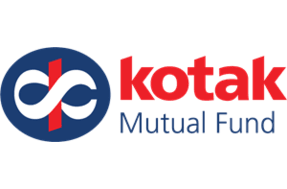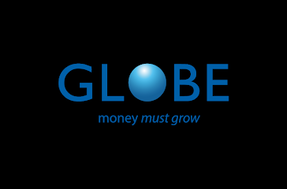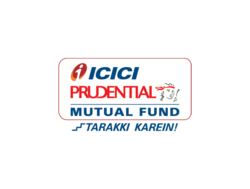Portfolio Management Service (PMS) is a facility offered by a portfolio manager with the intent to achieve the required rate of return within the desired level of risk. An investment portfolio can be a mix of stocks, fixed income, commodities, real estate, other structured products, and cash. A portfolio manager is a licensed investment professional who specializes in analyzing the investment objectives of the investor and has a vast knowledge of the various instruments in the market. The portfolio manager is better positioned to make informed decisions for investments in securities as opposed to a layman.
PMS is a customized service offered to High Net-worth Individuals (HNI) clients. The service is tailored as per the investor’s return requirements and the ability and willingness to assume the risk. An Investment Policy Statement (IPS) is drafted by a PMS to understand the financial position and needs of the client. The portfolio manager ensures that the return requirements coincide with the risk profile. Before executing the optimum portfolio, PMS also studies the various constraints such as time horizon, tax applicability, liquidity, and other unique considerations of the client.
This form of portfolio management aims at beating the performance of a market index such as Nifty. An active portfolio manager will take different positions than that of the tracking index, actively buy and sell securities as per institutional research to create more returns than the index. However, to generate an excess return, the strategy undertakes a higher level of risk.
Such a PMS strategy aims to mimic the performance of an index by investing in the same securities with similar weights. This is known as indexing or index investing. The transaction costs, resulting from securities turnover, are low as compared to active management as the portfolio churning is at a minimum. However, incurring transaction costs leads to an overall return being lower than the tracking index. The returns of the portfolio are pegged to the market returns. Therefore, the variance in returns is low.
The portfolio manager is given complete control of the portfolio and is free to adopt any strategy which is suitable to the IPS. Such PMS demand higher involvement for decision making justifying higher fees associated with discretionary portfolio management. This is the best option for clients with limited time and knowledge of investing
The PMS will only suggest investment ideas while the investor will be responsible for choosing the recommendation and timing. This employs PMS in an advisory capacity as the final call rests with the investor instead of the portfolio manager.
Planning the first step of portfolio management and involves the making of the Investor Policy Statement (IPS). Investor policy statement defines the willingness and the ability to take risk from the investors point of view. It also sets the objectives of the investors in terms of their risk and return keeping in mind the IPS of the individuals.
Execution is the second step and involves allocation of the investment corpus to various asset classes and various products within the asset classes to match the risk-return profile stated in the IPS.
In the third and final step of portfolio management, the portfolio manager monitors the performance of the portfolio and makes changes to the assets wherever they are falling short of their expected returns. Rebalancing of the portfolio might be done to achieve better returns or the portfolio might stay as it is if it is performing as per expectation.
Give shape to your investments with our powerful tools & invest now.

Prioritize your financial goals with a customized financial plan!

















A Portfolio Management Service (PMS) is a service which provides professional management of investments to create wealth. It aims to cater to the investment needs of individuals or entities with high net worth value by providing them with investment solutions.
A Portfolio Manager is a body corporate, which, pursuant to a contract with a client, advises or directs or undertakes on behalf of the client (whether as a discretionary Portfolio Manager or otherwise) the management or administration of a portfolio of securities or funds of the client.
The investment solutions provided by PMS cater to a niche segment of clients. The clients can be individuals or institutions with a high net worth.
Yes, NRIs can invest in the PMS through the NRE or NRO accounts. There are some additional compliance/documentation requirements for NRI clients. Our relationship manager will help the NRI client with this documentation.
Portfolio managers should furnish a periodic report every six months to their clients. The
information should include the following things:
Yes, all investments involve a certain amount of risks. Also, the risk depends upon the
security invested in. Sometimes, even the principal amount gets eroded.
An ideal PMS investors possess the following qualities:
Portfolio Management Services can be offered by the entities that are registered
with SEBI (Securities Exchange Board Of India). PMS works according to the rules and
regulations set by SEBI.
Simple steps to be followed for investing in PMS:
There is no such Lock-in Period. But it is always advisable to have patience at least for
two to four years for better returns.
Schedule If You Want To Have a Tailor-Made Customized Plane.


Made with ❤️ Fadwrap